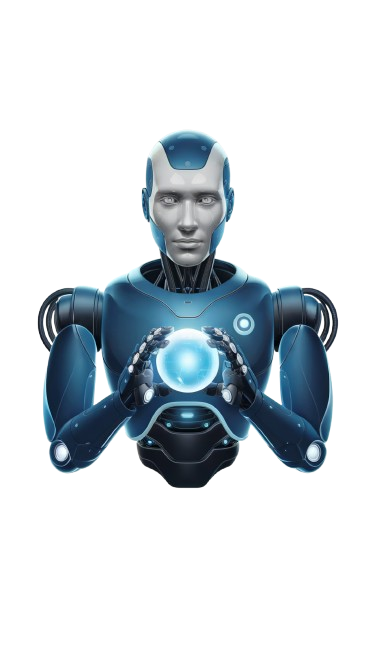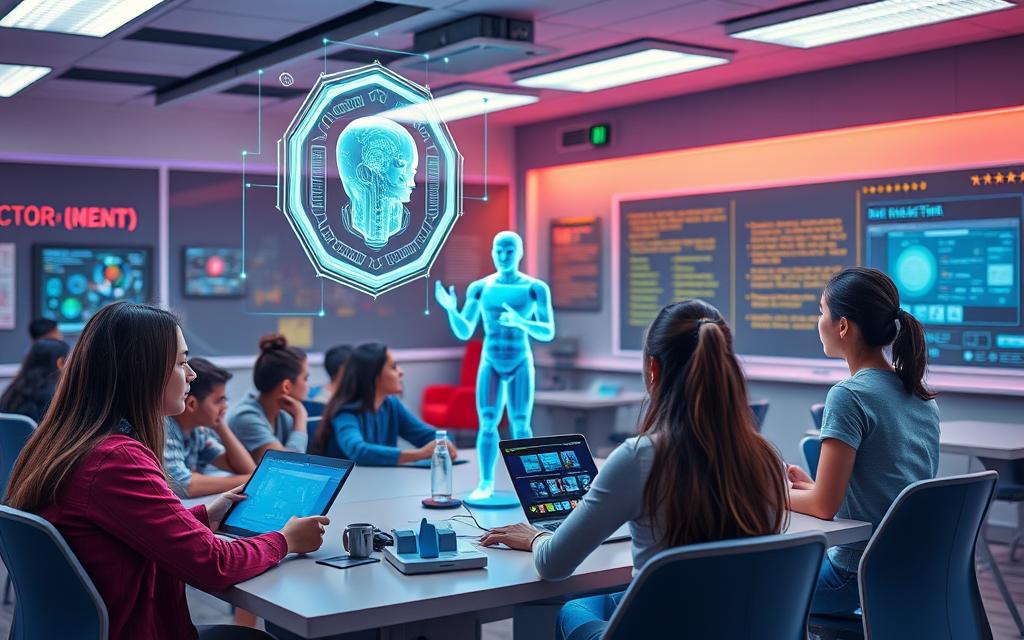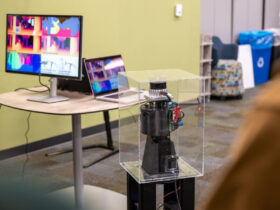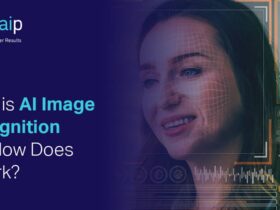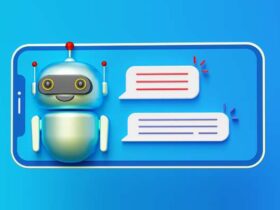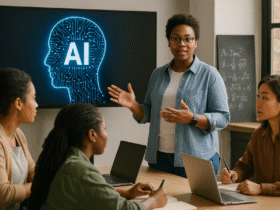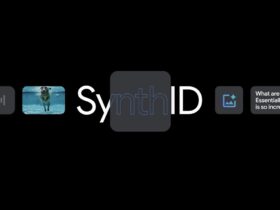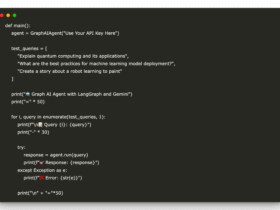Education is on the edge of a big change thanks to artificial intelligence (AI). AI is changing education by making learning more personal, improving how schools run, and bringing new ways to teach. As AI grows, it will deeply affect education, bringing better learning and more access to knowledge for everyone. AI tools can change what each student learns and how fast, making learning better for everyone. They also help teachers by doing some work for them, so teachers can focus more on teaching.
Key Takeaways
- AI-driven platforms can adapt to individual student needs, tailoring content and pacing to optimize each learner’s experience.
- AI algorithms can automate student attendance tracking, reducing manual recording and enabling real-time updates for educators and administrators.
- Institutions can use intelligent algorithms to streamline admissions, grading, and scheduling processes.
- AI can help advance the Sustainable Development Goals (SDGs) by utilizing the large amounts of data generated on various aspects of human life.
- AI education software development has revolutionized traditional learning methods, emphasizing personalized learning experiences, automation of administrative tasks, and real-time data analysis.
Personalized Learning and AI-Driven Adaptability
AI is changing education by making learning personal. It looks at student data to know what each one needs. By customizing content, AI makes learning fun, effective, and quick.
Adaptive Learning Platforms and Intelligent Tutoring Systems
AI helps make learning fit each student’s needs. This creates a supportive classroom for everyone. Tools like adaptive learning platforms and smart tutors make learning personal.
These platforms track how students do and change the learning path to help them. Smart tutors use AI to give one-on-one help. This ensures students get the help they need to do well.
Choice Texts is an AI tool that makes reading fun and helps students understand better. Students pick their own topics, making reading more interesting. This way, reading becomes something they enjoy, tied to their interests.
Personalized learning makes students love learning more. It helps them take charge of their education. This leads to better motivation, engagement, and confidence in learning.
AI in Education: Enhancing Efficiency and Engagement
AI is changing how we teach and learn. It automates tasks, making school work smoother. AI tools can do things like check applications, grade work, and plan resources. This lets teachers focus on making learning better.
AI also changes how we share knowledge. AI-powered tools make learning materials interactive and fit what students need. This way, schools can reach more students, using apps and online classes. AI helps make learning personal and fun for everyone.
| AI Administrative Tasks | AI Grading and Assessment | AI-Powered Content Delivery |
|---|---|---|
| Application screening | Automated grading | Interactive learning materials |
| Scheduling and resource allocation | Personalized feedback | Mobile and virtual classrooms |
| Data-driven decision making | Adaptive learning platforms | Engaging and responsive content |
AI in education helps meet students’ unique needs. It offers better learning activities and programs. As more schools use AI, it could change teaching and learning for the better. It helps teachers and students reach their goals.
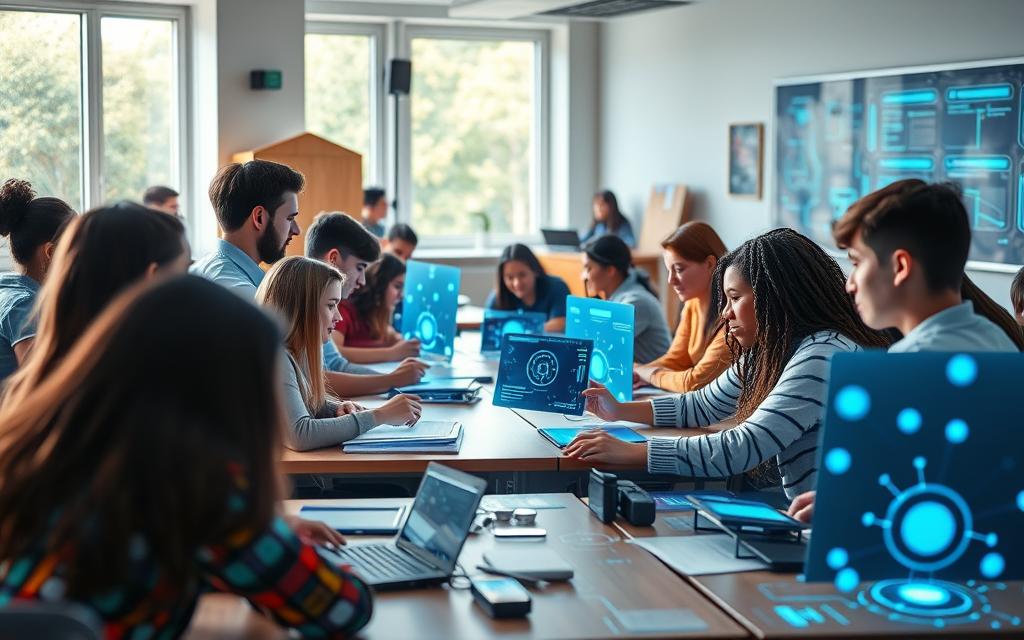
Conclusion
The benefits of AI in education are clear. AI makes learning more personal, efficient, and engaging. It’s changing how we teach and learn.
But, we must tackle the challenges too. These include privacy, data security, and bias in algorithms.
Looking ahead, we need policymakers and educators to work together. They should ensure everyone has access to AI tools. They should also teach people about AI and keep human skills valuable.
This way, AI can make education better for all students worldwide. The future looks bright, but we’ll face challenges. With open talks and teamwork, AI can greatly improve education.
Let’s take on the future with hope and responsibility. We can use AI’s power for good and make a big impact.

